Starting today, football fans across Europe will sit in front of the TV to cheer for their favorite teams and suffer their losses together. They will also have the opportunity to delve into the history of the European Football Championships, as told in the updated edition of the ''World Football Encyclopedia'', which was released just days before the start of the most significant football event of the year.
Rumen Paytashev has been practicing the profession of sports journalist for 45 years. In the past 23 years, he has been providing football fans with information about the world football stars and everything related to the most popular sport. Currently, he is in Germany to cover the tenth European Championship in his career.
''This is the sixth updated edition of "World Football Encyclopedia'' - says Rumen Paytashev. ''It was necessary to update it due to the fact that there was a gap of 12 years between the fourth and the fifth one, which is a significant period in the ever-changing realm of football''.
The encyclopedia pays special attention to Bulgarian football, covering Bulgaria's participation in qualifiers and finals of major tournaments. Unfortunately, the national team's last appearance on the European football stage was 20 years ago at the UEFA Euro 2004 in Portugal. Bulgaria’s last appearance in World Football Cup Finals was in 1998 in France.
"Bulgaria has been participating in the qualifiers since the first European Championship in 1959. The first qualifiers were unsuccessful for the country. This was followed by ups and downs. Of course, special attention was paid to Bulgaria’s strongest national team from the second half of the 1960s. At the European Championship in 1968, the national team played unforgettable quarter-finals against the future champion Italy (Bulgaria won 3-2 in Sofia, but lost 0-2 in Naples).
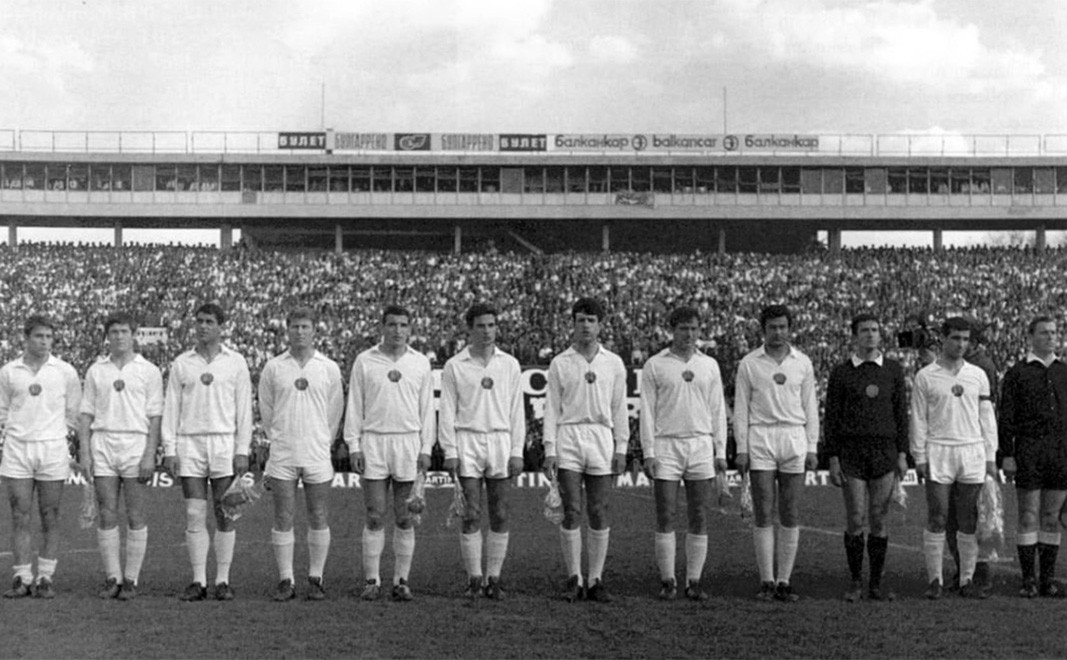
Bulgarian footballers received exceptionally favorable reviews for their performance and occupied the prestigious fifth place in UEFA's unofficial ranking. It's worth noting that the system was different back then and only four teams reached the final stage. It's no coincidence that at the end of that year, the world champion England invited the Bulgarian national team for a friendly match at Wembley Stadium, which ended 1-1 with Georgi Asparuhov’s emblematic goal''.
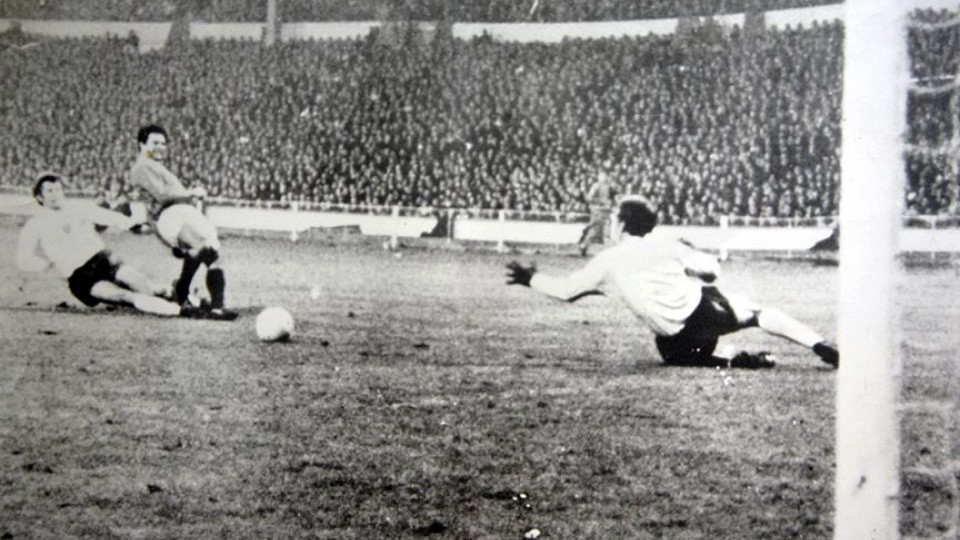
The encyclopedia's expanded edition includes interesting stories from the century-old history of Bulgarian football, featuring names like Todor Diev who scored the only goal in the first European qualifier against Yugoslavia in 1959, Georgi Asparuhov (1943-1971) and his teammates in the national team including Dimitar Yakimov, Hristo Bonev, Dinko Dermendzhiev, Georgi Popov, Dobromir Zhechev, as well as football stars from the World Cup 1994’s golden generation including Hristo Stoichkov, Nasko Sirakov, Borislav Mihaylov, Yordan Letchkov and Trifon Ivanov who played at the semifinals of the 1994 World Cup in the United States and finished fourth.
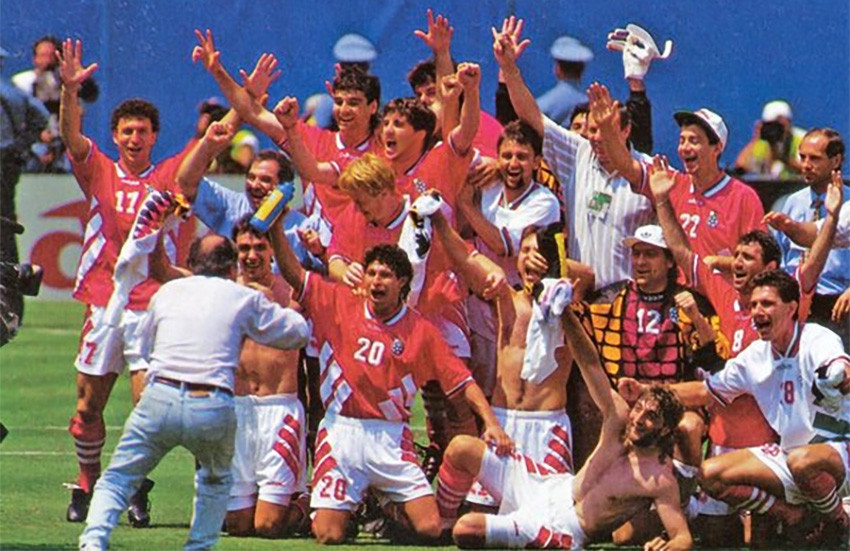
The upcoming European Championship in Germany is a good occasion for a serious conversation about the state of this sport in Bulgaria, because the younger generation has not witnessed significant achievements of Bulgarian football.
‘’We must be realistic. We are a small country with limited staff potential. The major successes of the national team in the late 60s and the Golden Generation in the USA are a matter of circumstances, of generations. The bar that was raised at the 1994 World Cup is too high for us to constantly compare ourselves to. After the Golden American Generation came the era of Dimitar Berbatov, Stiliyan Petrov and Martin Petrov, who played in one European Championship but couldn't achieve more."
According to the sports journalist, our failures should primarily be sought in the youth academies of the football clubs, a painful and eternal topic that is being repeated again and again.
‘’These football academies cannot produce talented footballers when they are not functioning properly or when there are problems in their activity’’, Rumen Paytashev went on to say.
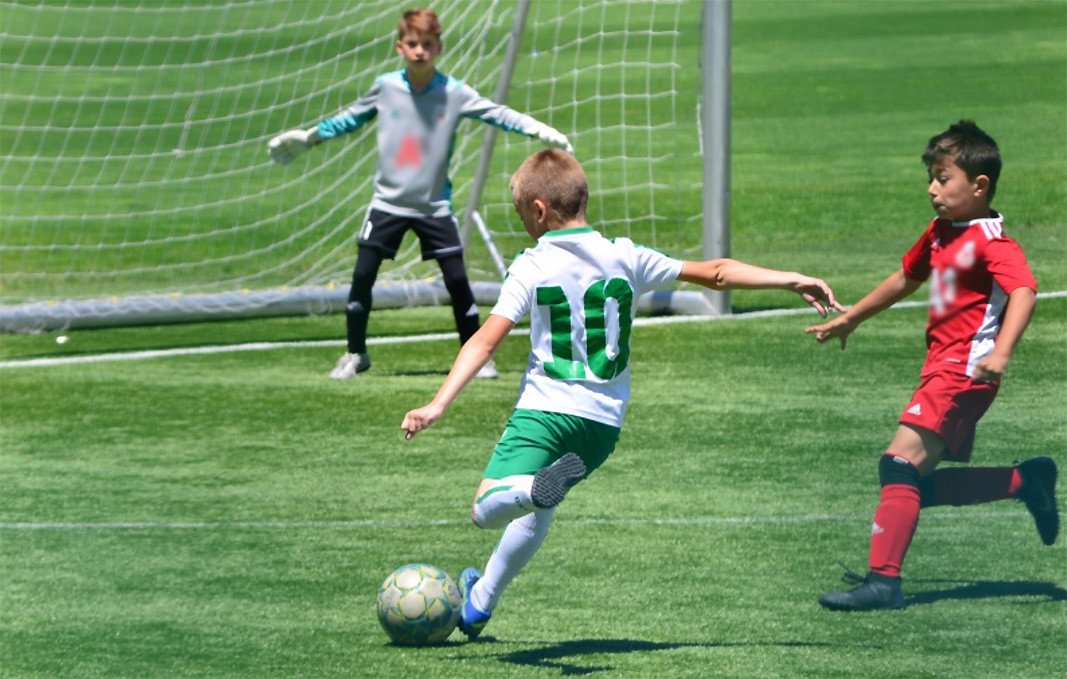
From an outsider perspective, the more Bulgarian football declines, the more its fans seem to radicalize. But is this observation accurate against the backdrop of increasing hooliganism?
"It is difficult for me to make a connection, especially since violence in stadiums is not a recent phenomenon – Rumen Paytashev said. –"Former FIFA president Sepp Blatter has said that hooliganism and incidents at the stadiums are more of a social phenomenon than a football one. The so-called fan clubs, fan groups and specific factions have emerged in Bulgaria. They even feud among themselves and within a given club- let alone the relations between supporters of different teams.
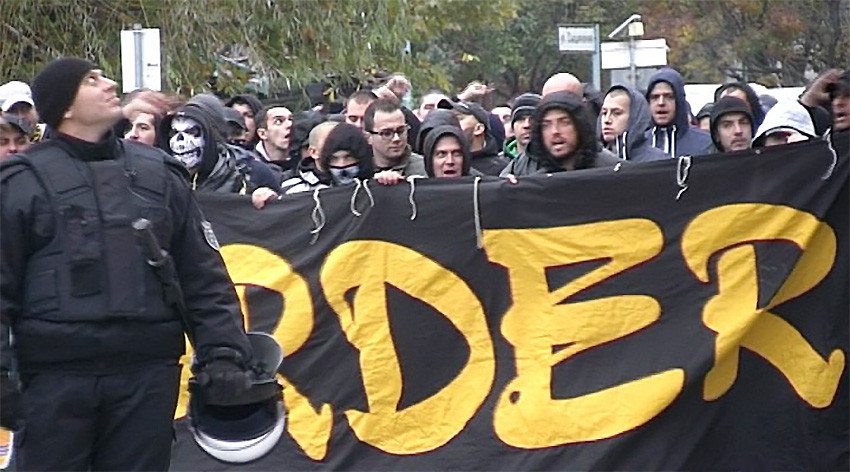
The family and environment in which football fans grow up determine their behavior, said Rumen Paytashev. As for the football performance, he believes there is always hope for Bulgarian football to bounce off the bottom.
''I hope that the national football team, which is being built by Ilian Iliev, will manage to qualify for a major tournament. The first goal is to win the Nations League and the second will definitely be to qualify for the World Football Cup'', Rumen Paytashev concluded.
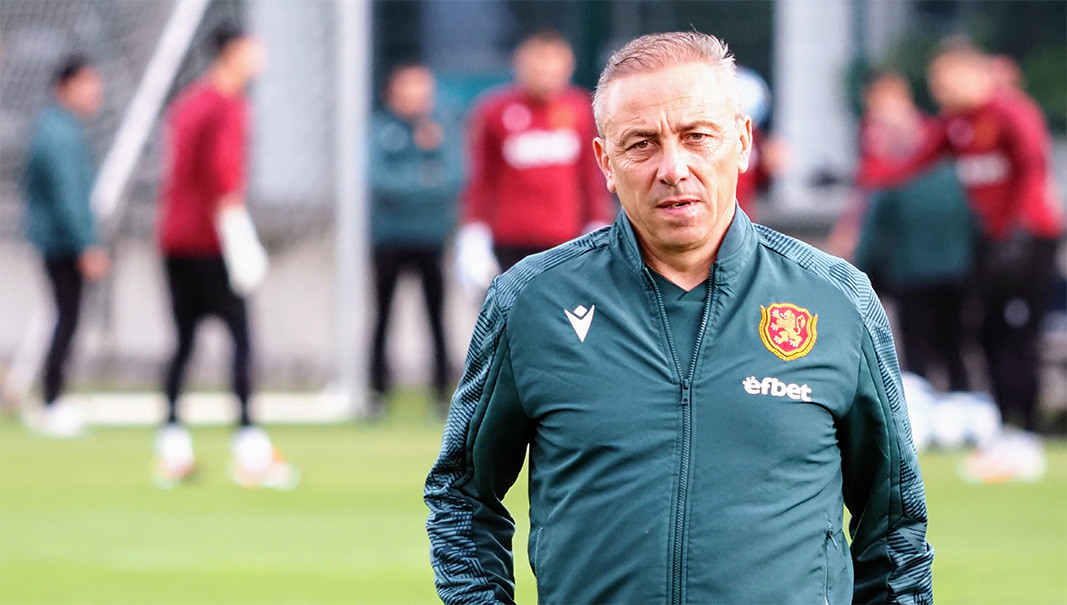
On the eve of the European Championship, Rumen Paytashev predicts that either France or England will lift the trophy.
Grigor Dimitrov had to play a three-set match against the 255th in the world Valentin Vacherot, but in the end he managed to qualify for the third round of the Masters series tournament in Monte Carlo with a prize fund of 6.1 million..
Olympic champion Magomed Ramazanov has won the freestyle wrestling title in the 86 kg category at the European Championships in Bratislava. After a remarkable comeback in the final, the Bulgarian athlete won against..
Two of the most talented children from Tennis Club "Haskovo 2015" participated in a one-week training session at one of the most prestigious tennis academies in the world – the Mouratoglou Tennis Academy in France . This became possible thanks to the..

+359 2 9336 661
